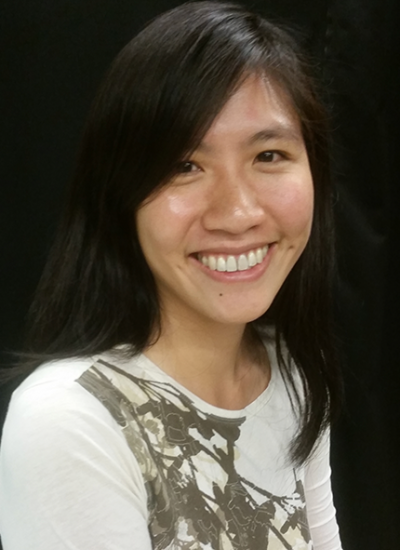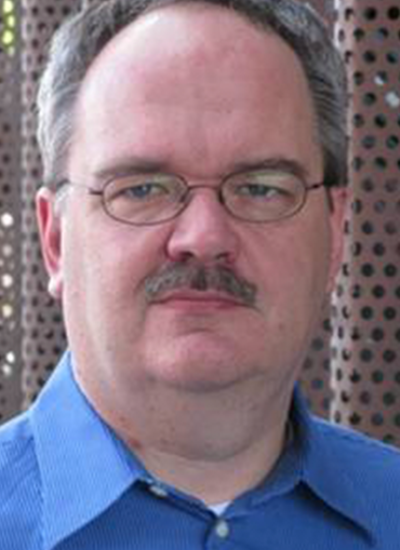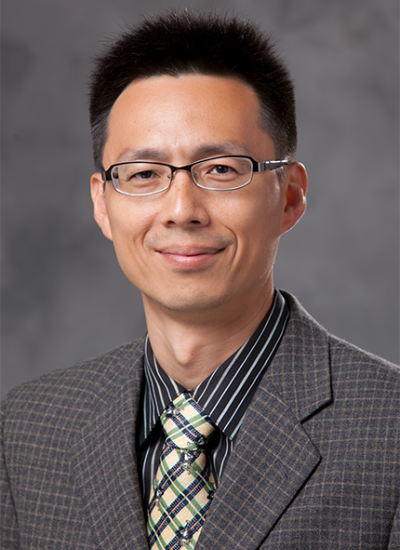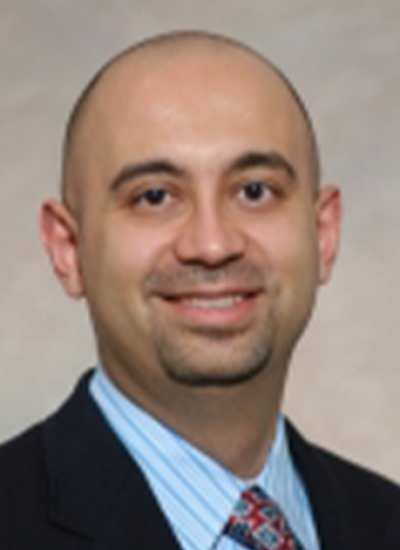Biomedical Engineering
Assistant Professor, Biomedical Engineering
Assistant Professor, Optical Sciences
Assistant Research Scientist, Chemistry and Biochemistry
Assistant Professor, BIO5 Institute
Primary Department
Department Affiliations
Contact
(520) 621-4240
Marek Romanowski
Associate Professor, Biomedical Engineering
Associate Professor, Materials Science and Engineering
Associate Professor, Neurosurgery
Member of the Graduate Faculty
Associate Professor, BIO5 Institute
Primary Department
Department Affiliations
Contact
(520) 626-1578
Research Interest
Nan-kuei Chen
Associate Professor, Biomedical Engineering
Associate Professor, BIO5 Institute
Primary Department
Department Affiliations
Contact
(520) 626-0060
Research Interest
Ali Bilgin
Associate Professor, Biomedical Engineering
Associate Professor, Electrical and Computer Engineering
Associate Professor, Medical Imaging
Associate Professor, BIO5 Institute
Member of the General Faculty
Member of the Graduate Faculty
Primary Department
Department Affiliations
Contact
(520) 626-8943
Research Interest
Pagination
- Previous page
- Page 2





